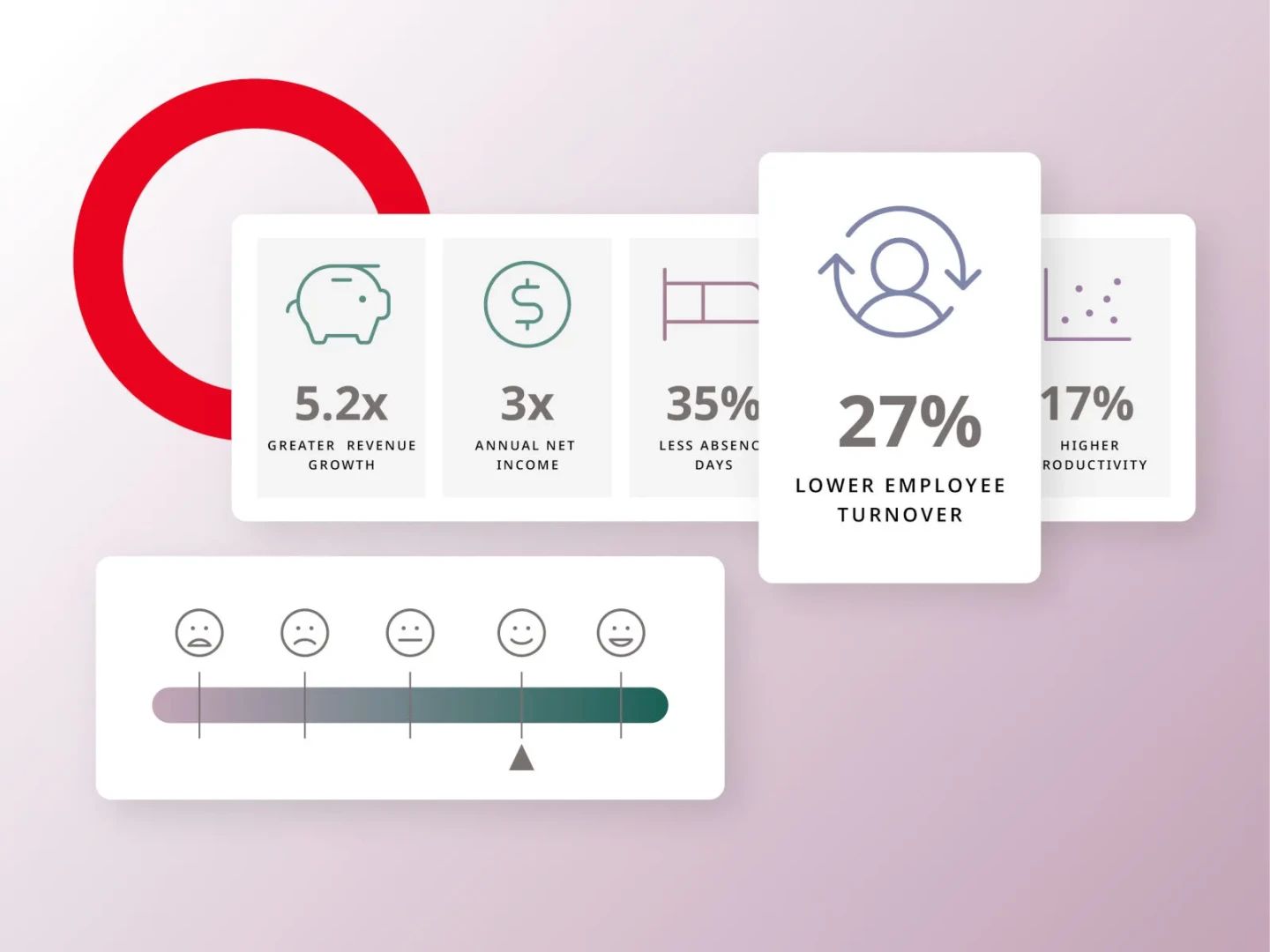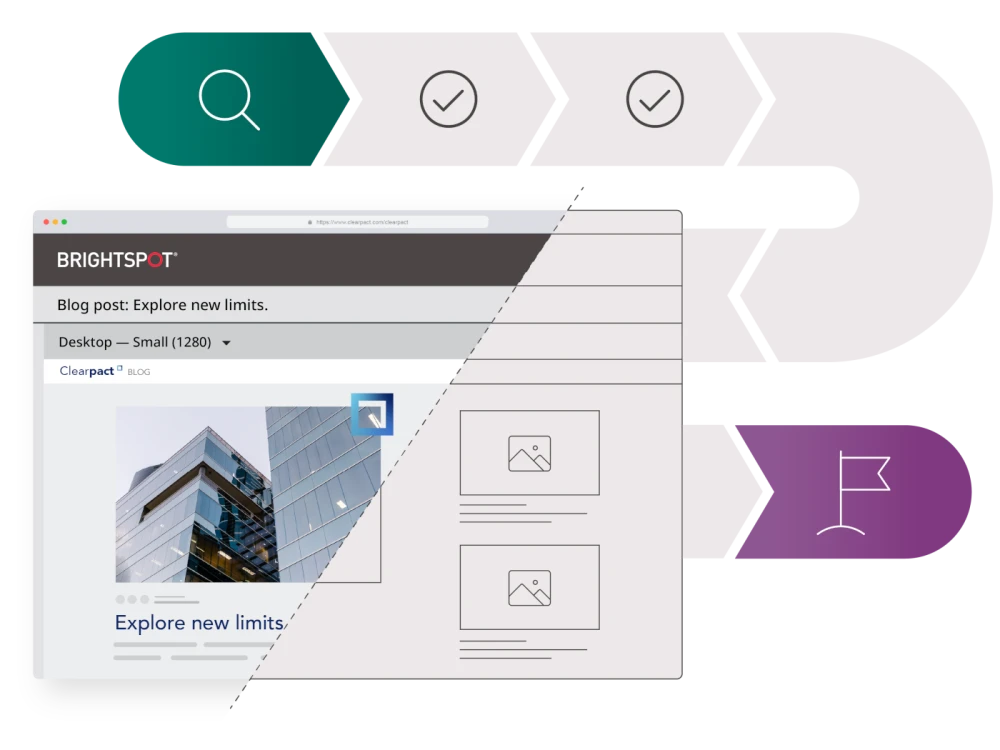Digital transformation transcends mere technological adoption; it’s a strategic overhaul that redefines business operations and customer interactions. A key component in this is the adoption of a content platform, which plays a pivotal role in managing digital content effectively. However, understanding the impact of these initiatives hinges on effective measurement, which is a process that involves identifying the right metrics and tools.
Key metrics for evaluating digital transformation
To fully grasp understand the impact a content platform can have on digital transformation, businesses need to track metrics that measure a handful of important areas that influence their digital content. Below is a list of key metrics to consider when building a successful content platform.
- Customer experience metrics: The customer experience is a primary indicator of successful digital transformation. There are metrics such as customer satisfaction scores, digital engagement levels, and user interaction data provide insights into how well the digital strategy resonates with the target audience. A useful content platform can offer direct data on how customer engagement evolves post-transformation.
- Operational efficiency metrics: Operational efficiency includes process cycle times and automation rates and are seen as a crucial aspect of a business’s digital transformation—and for good reason. A content platform can contribute to operational efficiency by streamlining content management processes, which can be measured through improved content publication rates and reduced time-to-market. Efficiency in general is key to any successful business model.
- Innovation and growth metrics: Innovation metrics involve tracking new revenue streams and market share growth. A versatile content platform can facilitate innovative content strategies, impacting revenue and market presence. And, not to mention, these metrics makes it easier for content teams to investigate what does and does not work in many different areas.
- Employee engagement metrics: While there’s a great amount of focus on external metrics, the metrics internally matter just as much. The metrics relating to employee productivity and digital skills advancement can let a business know how employees are interacting with a content platform and how well they’re working with it. The use and adaptability of a content platform can lead to higher digital adoption rates among employees, meaning how easily accessible the functionalities of the platform is. It’s a hidden metric, but a key one nonetheless in assessing digital transformation success.
- Digital analytics tools: Tools that track website and app performance are essential in measuring digital engagement and user interactions. Integrating these tools with a content platform provides a wealth of data for analysis.
- Business intelligence (BI) platforms: BI platforms aggregate data from various systems, offering a comprehensive view of the digital transformation’s impact. They can analyze content performance and user behavior, correlating them with broader business objectives.
- Feedback and survey tools: Direct feedback from customers and employees is crucial in assessing the impact of digital initiatives. Integrating feedback tools with a content platform can provide valuable insights for continuous improvement. This kind of feedback can tell you what works in your current business model, and what your content platform may need improvement on. Whether that may be audience reach or how interactive your platform is, for example, you should look carefully at all the feedback you receive… especially as the digital transformation age continues to evolve and grow.
- Custom dashboards and reporting: Through your content platform, you can create customized dashboards that provide real-time monitoring of specific key performance indicators (KPIs) relevant to digital transformation goals. The way you can freely customize your dashboard can be essential for tracking the progress and impact of digital initiatives.
- Aligning digital goals with business objectives: Make sure to align your digital transformation metrics with your overall business objectives. For example, if enhancing customer engagement is a key business goal, metrics like user session duration and content interaction rates become critical indicators of success. However, digital goals can vary from business to business, so make sure to evaluate based on your needs.
Conclusion: Continuous evaluation is critical to the success of any digital transformation initiative
Measuring the success of digital transformation is an ongoing process that requires businesses to continuously evaluate and adjust their strategies. A content platform not only facilitates this continuous evaluation but also becomes allows businesses to measure the impact of this transformation. As businesses evolve in their digital journey, the metrics and tools provided by such platforms will be indispensable in navigating the path to digital excellence. And remember, as it continues to evolve, so will you!










